By 2027, electric cars and vans would be cheaper to manufacture than conventional, fossil-fuel-powered vehicles, according to analysis, and stricter pollution controls could place them in pole position to overtake all new car sales by the middle of the decade.
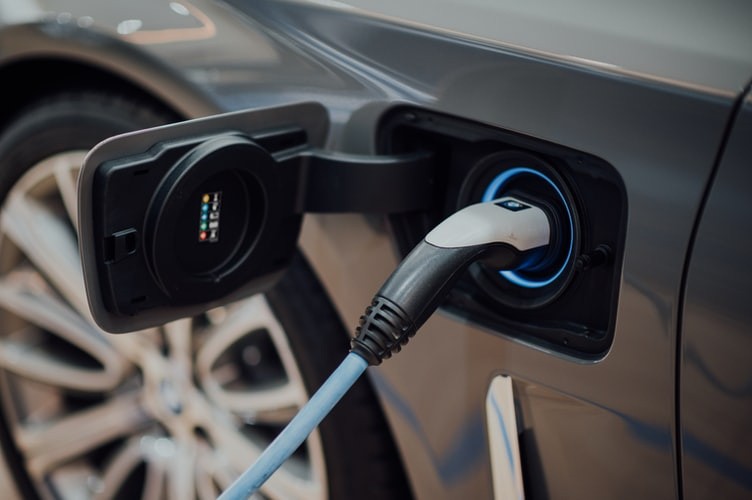
Hybrids Getting Less Expensive
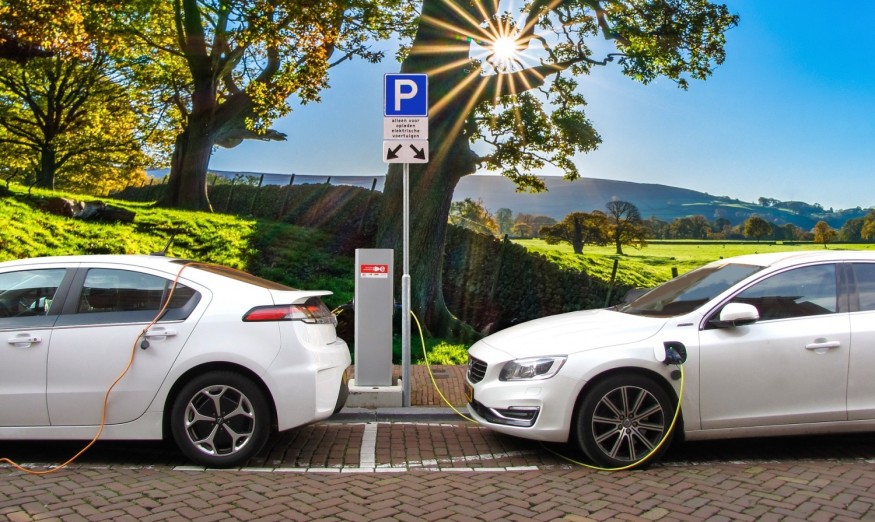
According to BloombergNEF estimates, larger vehicles such as hybrid sedans and SUVs would be as inexpensive to manufacture as petrol and diesel models by 2026, with compact cars crossing the threshold the following year.
The price parity of electric cars and internal combustion engines is seen as a significant achievement in the world's transformation away from fossil fuels.
Lowering Production Cost
Well before any government subsidies, the declining cost of manufacturing batteries for electric vehicles, along with dedicated assembly lines in carmakers' factories, would make them easier to purchase on average in the next six years than traditional cars, according to BloombergNEF.
According to the report, the average pre-tax selling price of a medium-sized electric vehicle is $40,494 (€33300), relative to $22,618 for a gas car. Both are expected to cost about $23,104 in 2026.
By 2030, the same electric vehicle is expected to cost $19,821before taxes, compared to $24,199 for a gasoline car.
The report's cost parity timetable is more optimistic than other estimates, such as UBS, which predicts that electric vehicles would cost the same to manufacture by 2024.
Batteries Price Decline
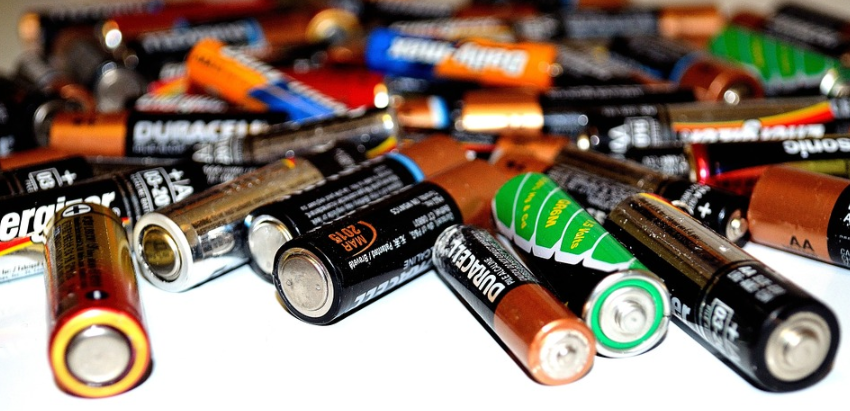
The cost of new batteries, on the other hand, is expected to begin to plummet in the coming years, according to forecasters.
According to the new report, new battery prices will drop by 58 percent between 2020 and 2030, to $58 per kilowatt-hour, commissioned by Transport & Environment, a Brussels-based non-profit that advocates for cleaner transportation in Europe.
A reduction in battery prices to under $100 per kWh is seen as a critical step toward greater adoption of fully electric vehicles, which will effectively eliminate the financial appeal of hybrid electric vehicles, which pair a battery with a traditional engine.
Rising Sales
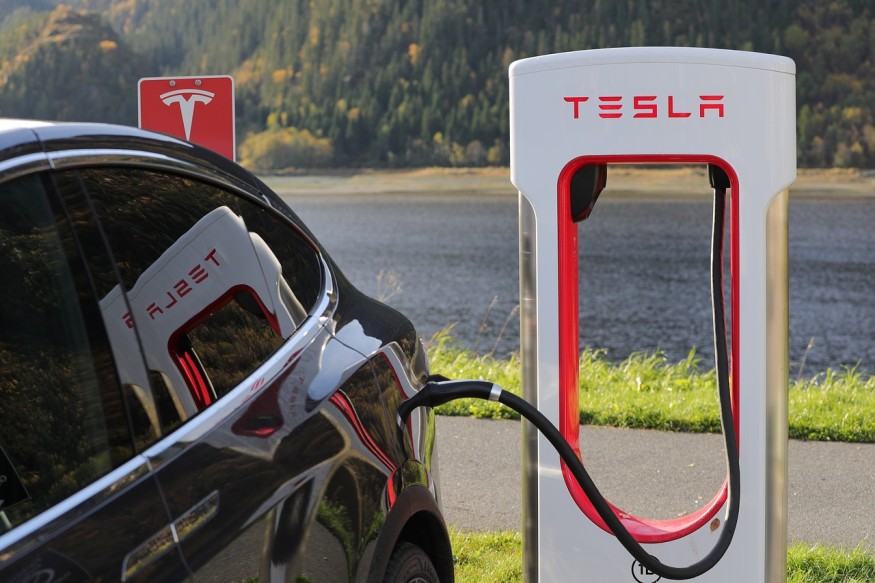
Electric vehicle sales soared in 2020, especially in the EU and China, but environmentalists urge policymakers to enact stricter emissions standards to allow more people to convert.
The UK government intends to prohibit the sale of new fossil-fuel cars beginning in 2030, while European businesses have urged the EU to set a deadline of 2035 for the sale of new combustion-engine vehicles within the bloc.
T&E's senior director for vehicles and mobility, Julia Poliscanova, believes that tighter CO2 targets are required to speed up the transition to electric cars.
"Battery electric cars and vans will cross 100% market share in Western, Southern, and even Eastern Europe by 2035 if the right policies are in place. In the certainty that the demand is willing, the EU will set a deadline of 2035. She believes that new polluting cars should not be sold for any longer than is required.
The high cost of batteries, which account for a quarter to two-fifths of the price of an electric vehicle, has historically stymied efforts by the world's largest automakers to shift manufacturing away from lucrative fossil fuel models.
Related Article : UK is Now Europe's Second Largest Electric Vehicle Market Topping France
Appealing to the Market
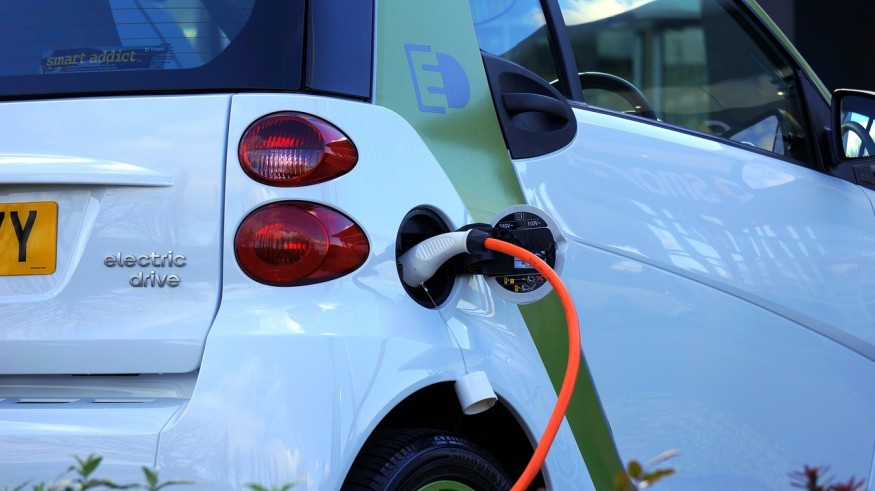
Reduced costs are crucial in making electric cars more appealing to customers, particularly when coupled with expanded range - the distance a vehicle will drive before needing to be recharged - and a better charging network.
He does conclude, however, that the UK government should boost the charging infrastructure: "We are lagging behind some other north European nations, and we definitely need a much more accelerated deployment of the charging infrastructure, at home, on-street, and fast."
For more news about making the environment sustainable, don't forget to follow Nature World News!
© 2025 NatureWorldNews.com All rights reserved. Do not reproduce without permission.





